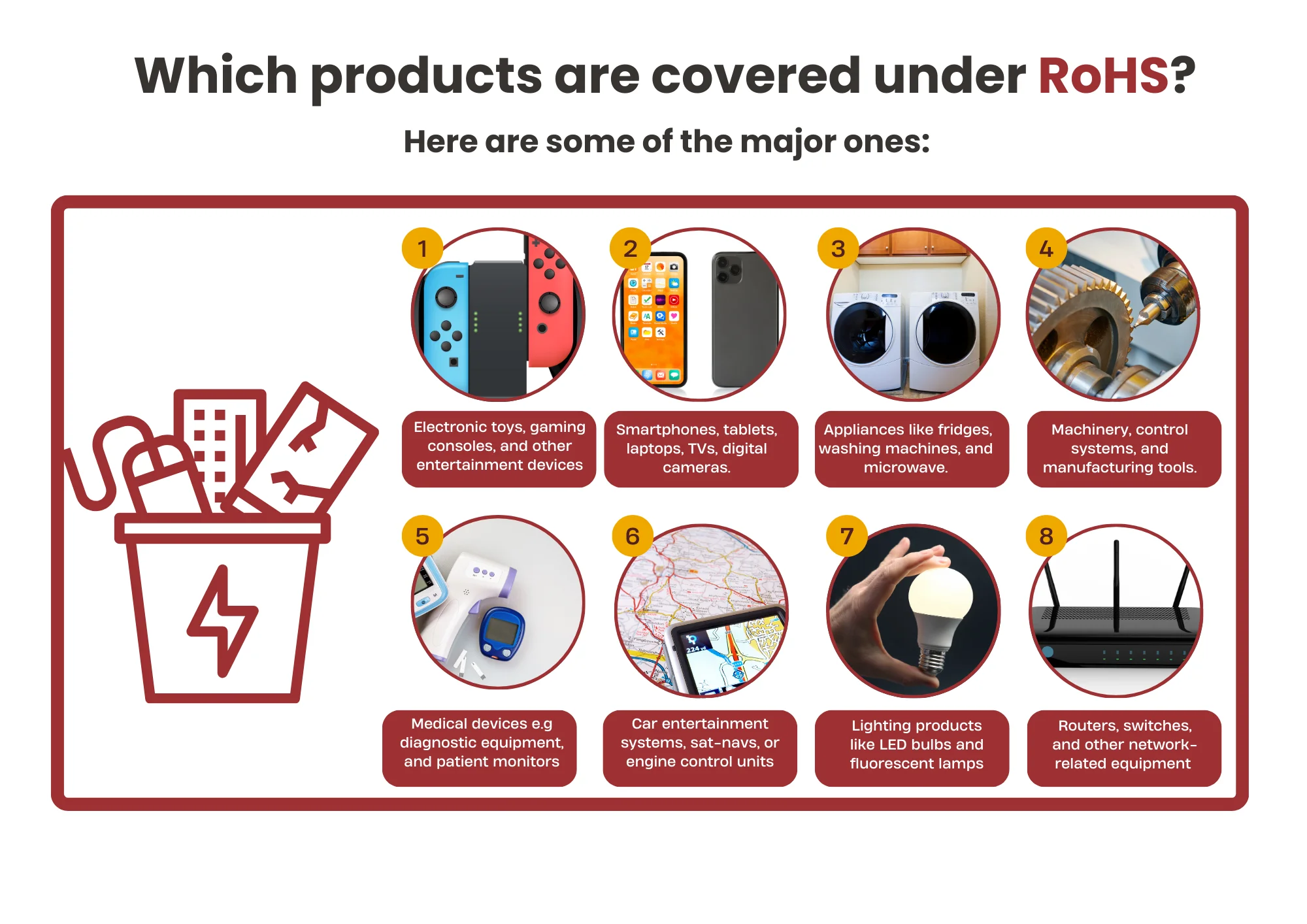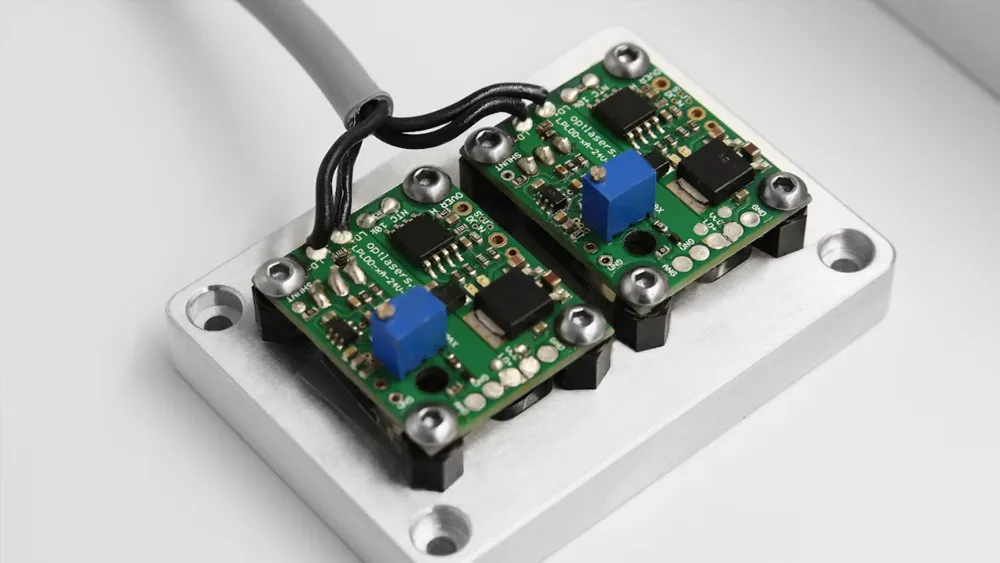
What is Phthalate Testing?
RoHS (Restriction of Hazardous Substances) is a regULation enacted by the European Union to limit the use of toxic and hazardous substances in electrical and electronic equipment. Initially, the directive set permissible limits for six substances: lead, cadmium, mercury, hexavalent chromium, polybrominated biphenyls (PBB), and polybrominated diphenyl ethers (PBDE). On June 4, 2015, the EU issued the revised RoHS 2.0 Directive (EU) 2015/863, officially adding four phthalates (DEHP, BBP, DBP, DIBP) to the list of restricted substances.

Concept Explanation
What are Phthalates?
Phthalates (Phthalic Acid Esters, abbreviated as PAEs) are a group of esters formed from phthalic acid. Commonly referRED to as phthalates, they are widely used in plastics to soften and increase plasticity. Research indicates that phthalates can be released into the environment during production, use, or when added to polyvinyl chloride (PVC). These substances can enter the human body through food, air, or other pathways, disrupting endocrine function and impairing reproductive capabilities. Therefore, materials containing phthalates must undergo relevant testing.
Among the various phthalates, ROHS Testing specifically regulates four phthalates and their respective concentration limits:
1. BIS(2-ethylhexyl) phthalate (DEHP): Limit < 1000 ppm (0.1%)
2. Benzyl butyl phthalate (BBP): Limit < 1000 ppm (0.1%)
3. Dibutyl phthalate (DBP): Limit < 1000 ppm (0.1%)
4. Diisobutyl phthalate (DIBP): Limit < 1000 ppm (0.1%)
Testing Standards
Phthalate Testing Standards:
The primary standard for phthalate testing is IEC 62321-8:2017, titled _"Determination of certain substances in electrotechnical products – Part 8: Phthalates in polymers by gas chromatography-mass spectrometry (GC-MS) or high-temperature thermal desorption gas chromatography-mass spectrometry."_
Analysis Methods
Testing with GC-MS Instruments:
To measure the content of the four regulated phthalates in electrical and electronic products, the sample must undergo the following steps:
1. Crushing: The sample is pulverized.
2. Extraction: Phthalates are extracted using an appropriate solvent through Soxhlet extraction or ultrasonic extraction.
3. Purification and Filtration: The extract is purified and filtered as needed.
4. Concentration: The extract is concentrated to a set volume.
5. GC-MS Analysis: The sample is tested using a gas chromatography-mass spectrometry (GC-MS) instrument.
GC-MS combines chromatographic separation techniques with detection technology to perform qualitative and quantitative analysis of complex mixtures.
Email:hello@jjrlab.com
Write your message here and send it to us
 Canada ISED Certification RSS-247 Standard Testing
Canada ISED Certification RSS-247 Standard Testing
 What Are the Product Compliance for Amazon Austral
What Are the Product Compliance for Amazon Austral
 Australia IoT Security Compliance
Australia IoT Security Compliance
 V16 Warning Light EU EN 18031 Cybersecurity Certif
V16 Warning Light EU EN 18031 Cybersecurity Certif
 Japan IoT Security JC-STAR Certification
Japan IoT Security JC-STAR Certification
 FCC SDoC Compliance Information Statement
FCC SDoC Compliance Information Statement
 What Does FCC SDoC Certification Mean?
What Does FCC SDoC Certification Mean?
 What is Bisphenol A (BPA) Testing?
What is Bisphenol A (BPA) Testing?
Leave us a message
24-hour online customer service at any time to respond, so that you worry!




